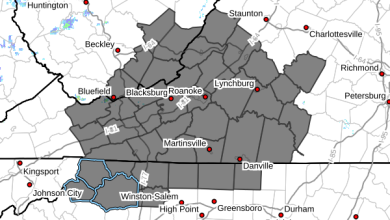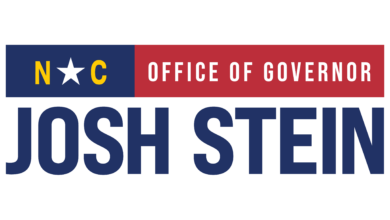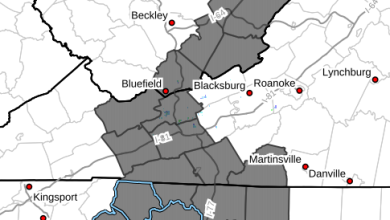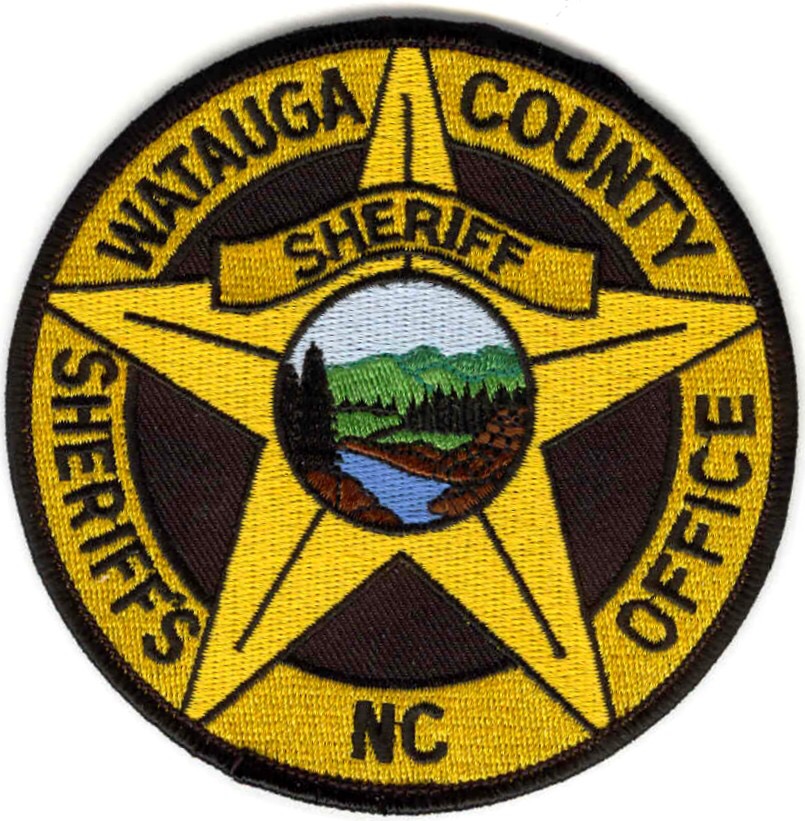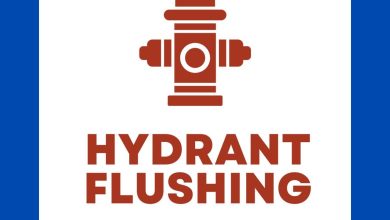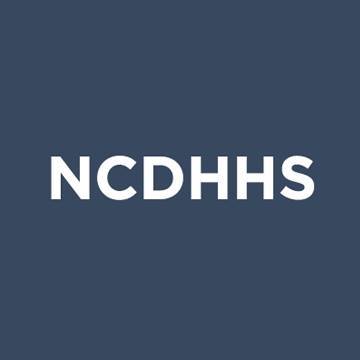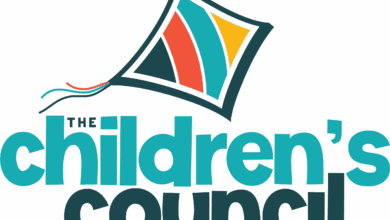Last Updated on April 4, 2018 5:45 pm
It's that time of year, IRS scams are making the rounds again.
One local resident tells WataugaOnline.com that her recent situation was “from an Indian man, called me from an Alabama number, and said he was from the IRS. He wanted information which I did not give him then, he hung up on me twice.” The resident said she also called the Sheriff's office to report the call.
North Carolina Attorney General Josh Stein reminds residents statewide that last year in North Carolina, the North Carolina Department of Justice received 20,464 complaints about scams and damaging business practices. These scams cost consumers millions of dollars and often come with the loss of personal and financial information. “Scammers and bad actors are incredibly creative in coming up with tricks and lies to take people’s hard-earned money,” said Attorney General Josh Stein. “That’s why we work to educate consumers about warning signs and other ways to prevent becoming victims of scams and frauds.”
North Carolina Department of Insurance Commissioner Mike Causey warns Medicare recipients to be on alert for scams. Beginning in April 2018 and running through April 2019, old Medicare cards will be replaced with ones that no longer show Social Security numbers. Instead, cards will have a Medicare Beneficiary Identifier (MBI) that will be used for billing and to check eligibility and claim status.
“This will happen automatically,” said Commissioner Causey. “Recipients won’t have to pay anyone or provide additional information to anyone who may threaten to remove Medicare benefits unless they comply,” he warned.
Having Social Security numbers removed from Medicare cards helps fight medical identity theft and protect medical and financial information. Recently, however, the Department has been informed of Medicare recipients who have received phone calls from people asking for personal information as they wait for their new cards to arrive.
Listed below are ways people may try the Medicare card scam:
- Is someone calling, claiming to be from Medicare, and asking for your Social Security number or bank information? Hang up. That’s a scam. First, Medicare won’t call you. Second, Medicare will never ask for your Social Security number or bank information.
- Is someone asking you to pay for your new card? That’s a scam. Your new Medicare card is free.
- Is someone threatening to cancel your benefits if you don’t give up information or money? This is also a scam. New Medicare cards will be mailed out to you automatically. There won’t be any changes to your benefits.
Family members, husbands and wives, may get their cards in different months. Do not be alarmed if your spouse gets his/her card and yours does not come. It will come at a later date.
For more information on Medicare fraud, contact the Department’s Seniors’ Health Insurance Information Program (SHIIP) at 1-855-408-1212.
Here are some preventive measures consumers can take to avoid being scammed in general:
- Never pay up front fees to win a prize or sweepstakes or get a loan. Upfront fees are against the law in North Carolina.
- Never share personal or financial information unless you know who you are speaking with, and why they need that information.
- Don’t feel pressured to give in to threats of arrest or fines. No law enforcement or government agency, such as the IRS, will call you to threaten to arrest you because they claim you owe money or have broken a law.
- Monitor your credit regularly. You can get a free annual credit report from each of three credit bureaus and a free security freeze on your credit report at http://ncdoj.gov/securityfreeze.
- If you’re asked to buy prepaid gift or online cards to pay for anything, it’s almost certainly a scam. Don’t make the purchase.
Here are some recent scams to watch out for:
- IRS scams: Scammers will contact you claiming to be from the IRS or the Treasury Department, and will claim you owe taxes or unpaid fees. They may threaten to contact local law enforcement if you don’t make the payments, and they may ask you to pay in the form of prepaid gift cards.
- Sweepstakes scams: These scams calls often begin with the callers tell you you’ve won a lottery and additional prizes. These scammers will ask you to send advance money to cover upfront fees.
- Sweetheart scams: Sweetheart scammers will build a relationship with someone and pretend to fall in love to win trust and money.
If you or someone you know may have been the victim of a scam or fraud, you can file a complaint with the NCDOJ online or by calling 1-877-5-NO-SCAM. You can also visit http://ncdoj.gov/consumerfor more information, sign up for NCDOJ’s consumer alerts about the latest scams, and find more consumer protection tips on Facebook and Twitter.







